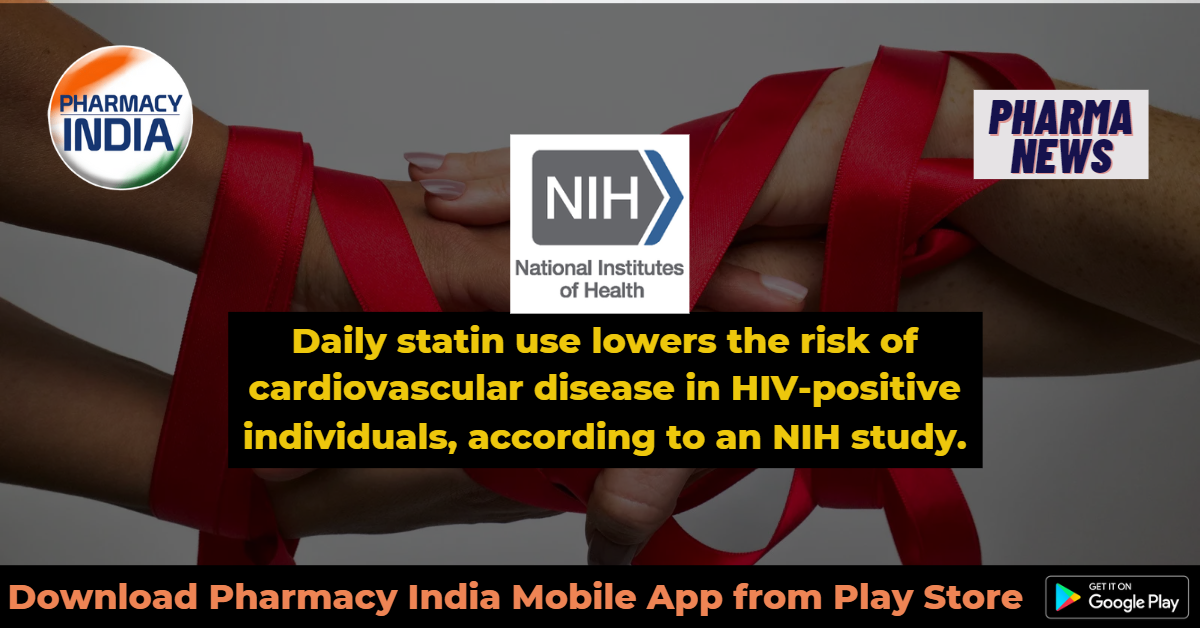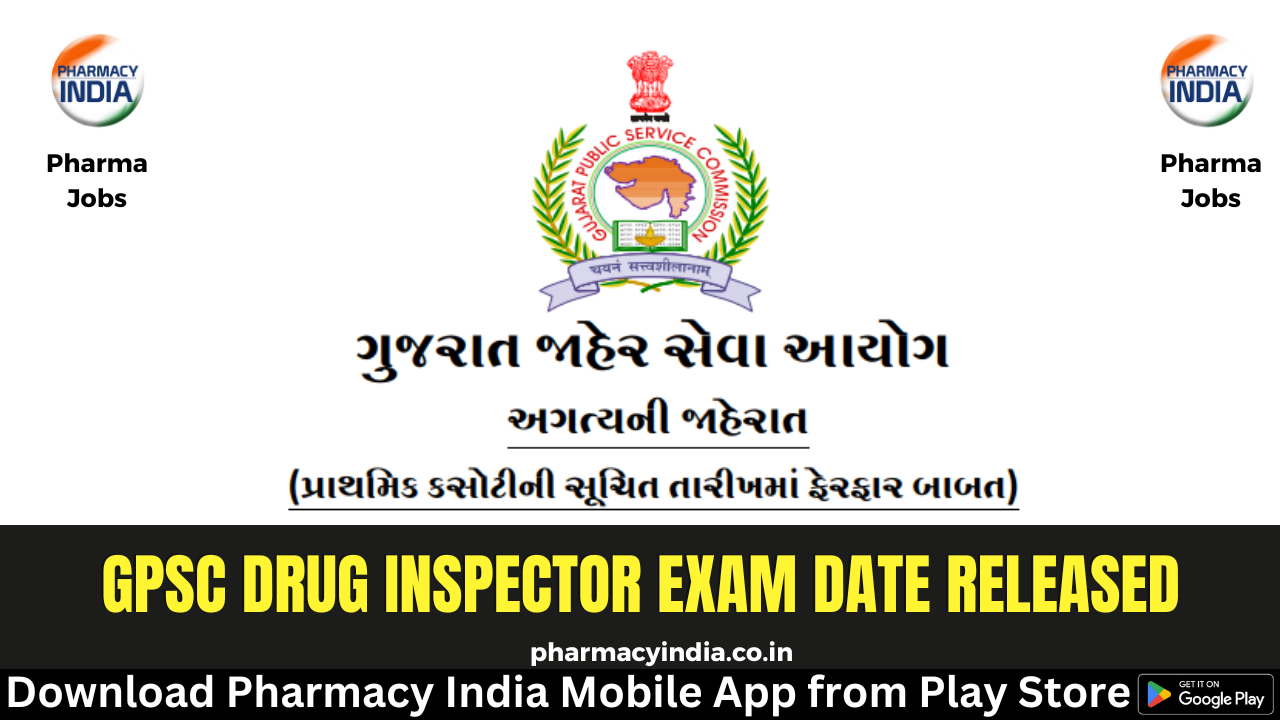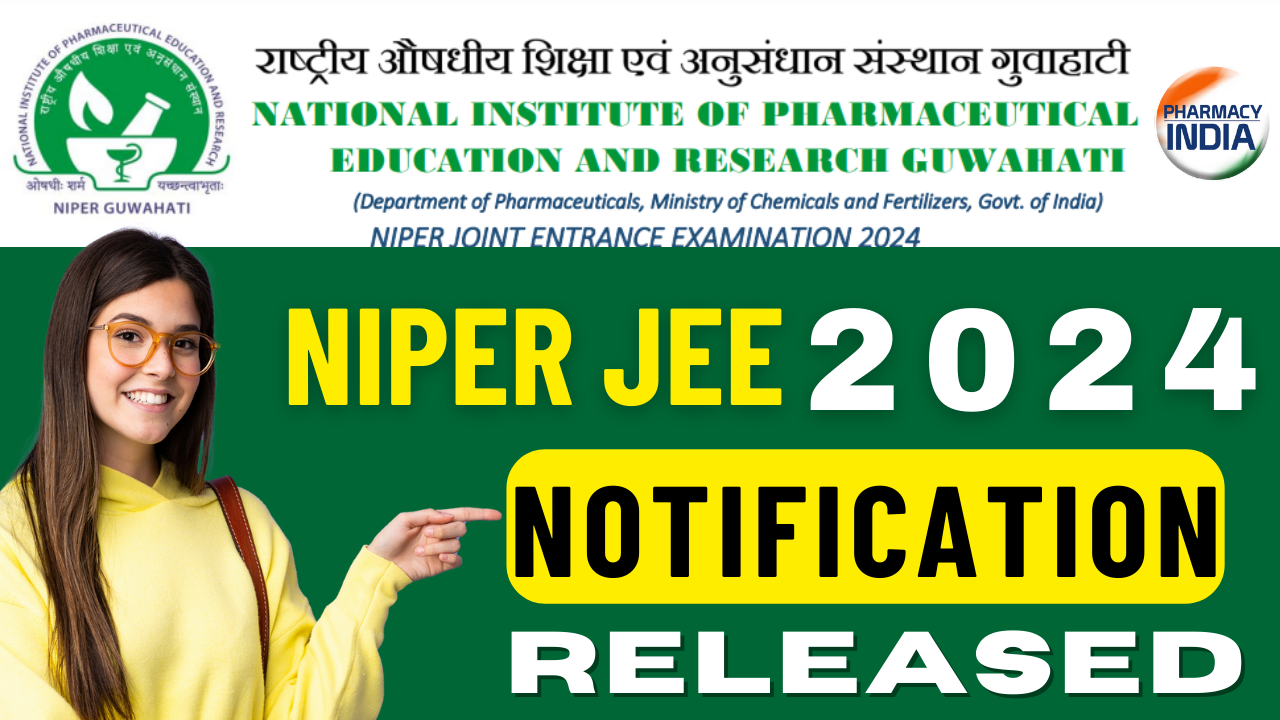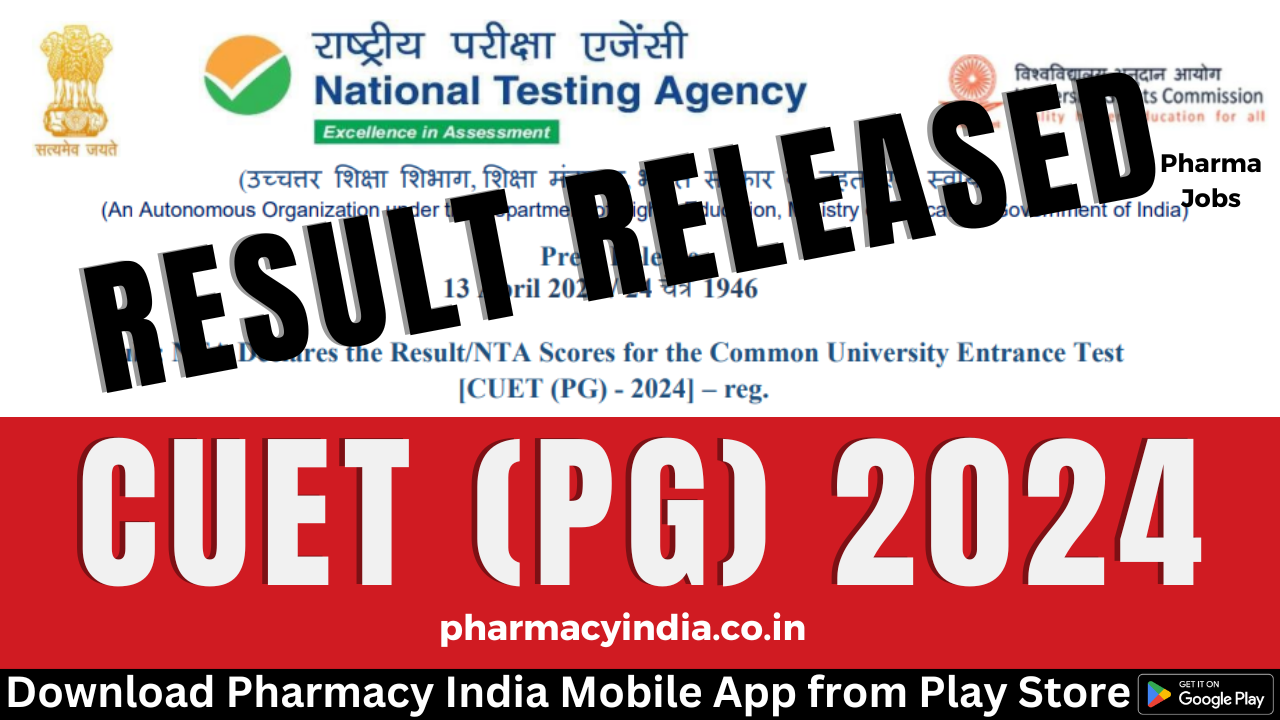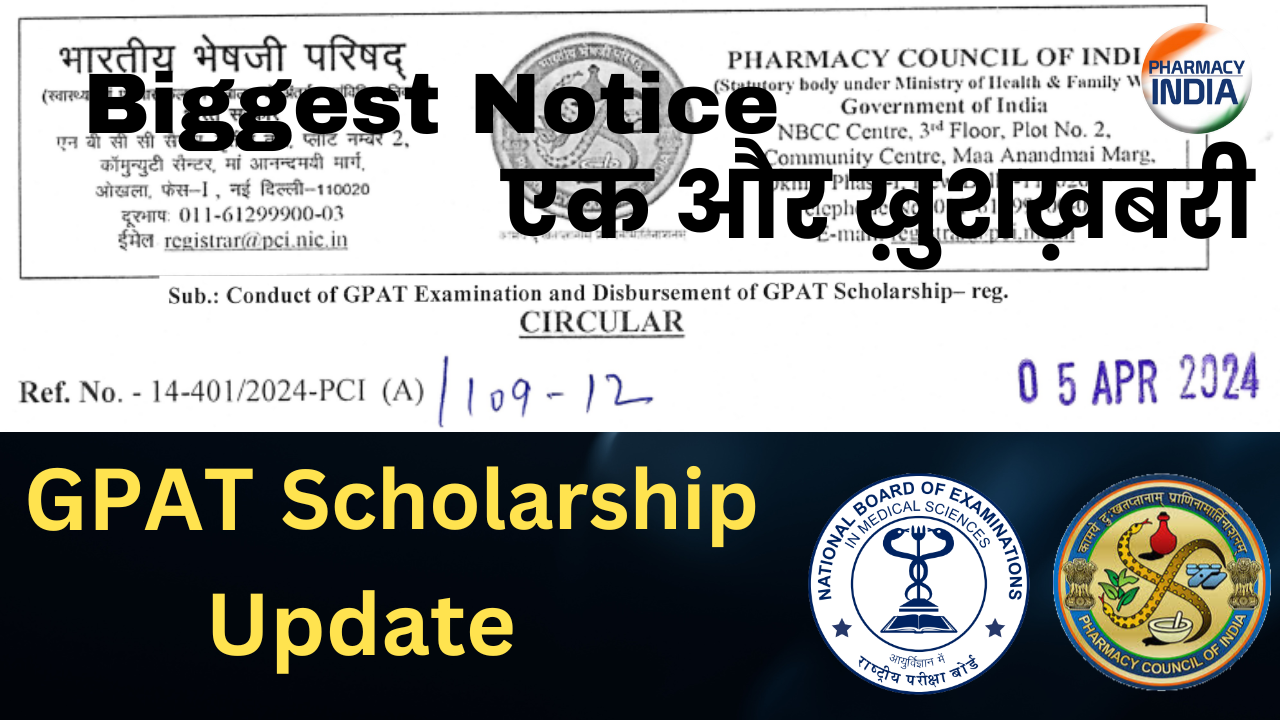In the first large-scale clinical study to test a primary cardiovascular prevention strategy in this population, a daily statin medication was found to reduce the increased risk of cardiovascular disease among people living with HIV, leading to the early termination of a National Institutes of Health (NIH) clinical trial. Participants in the Randomized Experiment to Prevent Vascular Events in HIV (REPRIEVE) research who took the daily statin pitavastatin calcium had a 35% lower risk of significant adverse cardiovascular events than those who took a placebo, according to a scheduled interim examination of the project’s data.
The study’s adverse medication events were comparable to those that the general public experiences when taking statin therapy. The interim analysis was so convincing that the independent Data Safety and Monitoring Board (DSMB) of the research advised an early termination given sufficient efficacy data. The DSMB’s recommendations were approved by the NIH. Around 30% of the 7,769 volunteers who signed up for REPRIEVE between the ages of 40 and 75 in 2015 were women. All of the REPRIEVE participants had CD4+ cell counts larger than 100 cells/mm3 of blood at recruitment, were receiving antiretroviral medication, and had low- to moderate traditional cardiovascular disease risk, none of which would ordinarily qualify them for statin therapy. Twelve nations in Asia, Europe, North America, South America, and Africa participated in the trial.
With supplemental financing from the NIH Office of AIDS Research, the REPRIEVE project is principally funded by the National Institute of Allergy and Infectious Diseases (NIAID) and the National Heart, Lung, and Blood Institute (NHLBI). AIDS Clinical Trials Group carried out the investigation (ACTG). The prevalence of AIDS-related illnesses and mortality have significantly decreased as a result of decades of research and advancements in HIV medication. Despite the fact that people with HIV live longer, early heart disease and other chronic illnesses are becoming more common, which has contributed to the ongoing differences in lifespan between persons with HIV and the general population.
According to acting NIAID Director Hugh Auchincloss, M.D., “The REPRIEVE project illustrates the development of HIV science, and advances from focusing largely on measures to treat and manage the virus to exploring strategies to improve the overall health of persons living with HIV.” These new findings imply that a typical cholesterol-lowering drug may significantly enhance cardiovascular outcomes in HIV-positive individuals. A family of drugs called statins is frequently used to lower cholesterol since it is known to reduce the risk of cardiovascular disease in the general population. It was unclear whether statins would have the same impact in HIV-positive people who develop cardiovascular disease prematurely while having low to moderate traditional risk. Participants in the REPRIEVE experiment were given a daily dose of 4 mg of pitavastatin or a placebo at random. Pitavastatin, which is thought to be safe for treatment with all prescription antiretroviral therapy regimens, was evaluated for serious adverse cardiovascular events and adverse responses.
Over the course of the trial, the DSMB convened as scheduled to assess safety and efficacy data. The DSMB advised that the trial be terminated early and that a complete data collection be done across sites for final analysis after determining in its most recent meeting that the advantages of daily pitavastatin use exceeded any concerns. The results of the study are being shared with the participants, and they will be followed up with for a while. In the upcoming weeks, it’s anticipated that the study findings from the DSMB review will be released. According to NHLBI Director Gary H. Gibbons, M.D., “Our most recent findings represent the culmination of an unparalleled eight-year effort to create knowledge that will assist doctors better meet the specific cardiovascular health requirements of persons living with HIV.” REPRIEVE is crucial since this population currently has few therapies available to assist prevent negative cardiovascular outcomes.
Steven Grinspoon, M.D., professor of medicine at Harvard University, endowed chair in Neuroendocrinology and Metabolism, and chief of the metabolism unit at Massachusetts General Hospital, served as the study’s principal investigator and oversaw the Clinical Coordinating Center. The REPRIEVE study was supported by a grant given to the Massachusetts General Hospital. As a co-principal investigator for the Clinical Coordinating Center, Pamela Douglas, M.D. served as the Ursula Geller Professor of Research in Cardiovascular Disorders at Duke University. The Massachusetts General Hospital Cardiovascular Imaging Research Center’s co-director Michael T. Lu, M.D., and Heather Ribaudo, Ph.D., a principal research scientist at the Center for Biostatistics in AIDS Research and the Department of Biostatistics at Harvard University, served as the center’s leaders. NIAID financed the ACTG, which carried out the study. The NEAT ID Foundation, Kowa Pharmaceuticals America, Inc., Gilead Sciences, Inc., and Viiv Healthcare, all of whom have offices in London, also contributed to the implementation effort. In order to better understand the origins of infectious and immune-mediated diseases and to create better methods of preventing, detecting, and treating these illnesses, NIAID conducts and funds research at the National Institutes of Health (NIH), across the nation, and internationally.



